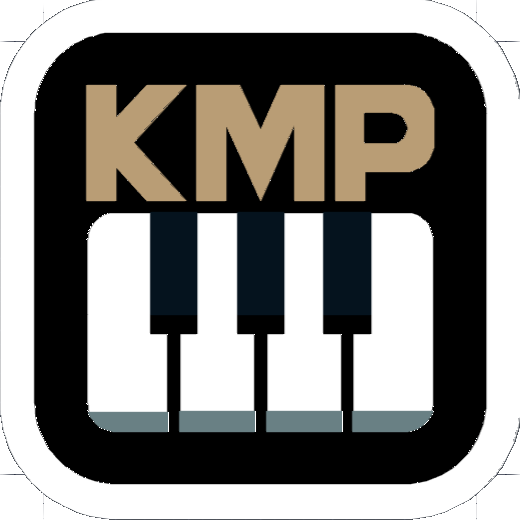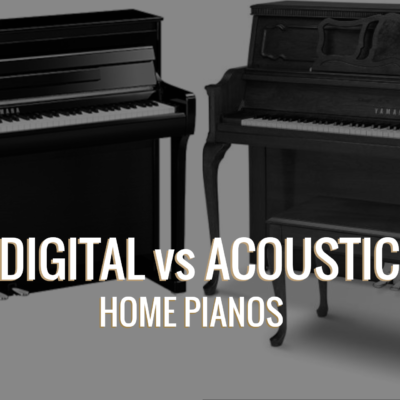Having spent over 50 years at the piano bench and currently owning a Kawai CN33, I’ve experienced firsthand the evolution of both digital and acoustic pianos. If you are struggling with the decision between a Digital Piano vs Acoustic Piano, let me share my insights to help you make this crucial decision!
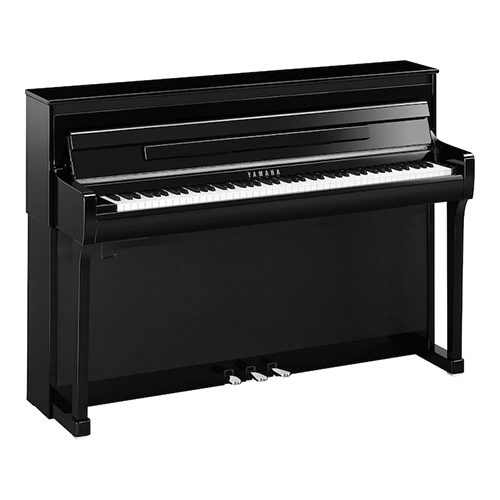
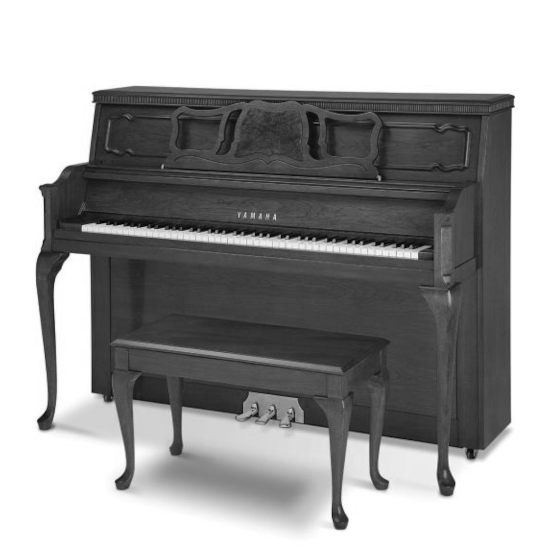
Did you know that recent surveys show that digital piano sales have surged by 23% in the past year? It’s no wonder – the debate between digital piano vs acoustic piano continues to intrigue both beginners and seasoned players alike. As someone who’s played everything from concert grands to the latest digital models, I’m excited to help you navigate this important choice.
Sound Quality and Touch Sensitivity: The Heart of the Matter (Digital piano vs Acoustic Piano)
After decades of playing both instruments, I can tell you that nothing quite matches the organic resonance of an acoustic piano. However, premium digital pianos from brands like Kawai and Yamaha have made incredible strides. Here’s what I’ve learned:
- The latest Kawai digital pianos use SK-EX Rendering technology that captures the minute details of a concert grand
- Roland’s SuperNATURAL technology provides incredibly realistic piano sound reproduction
- Yamaha’s CFX sampling brings their renowned concert grand sound to their digital lineup
- High-end digital pianos from these manufacturers now offer string resonance and damper modeling
Space and Portability: A Practical Perspective (Digital Piano vs Acoustic Piano)
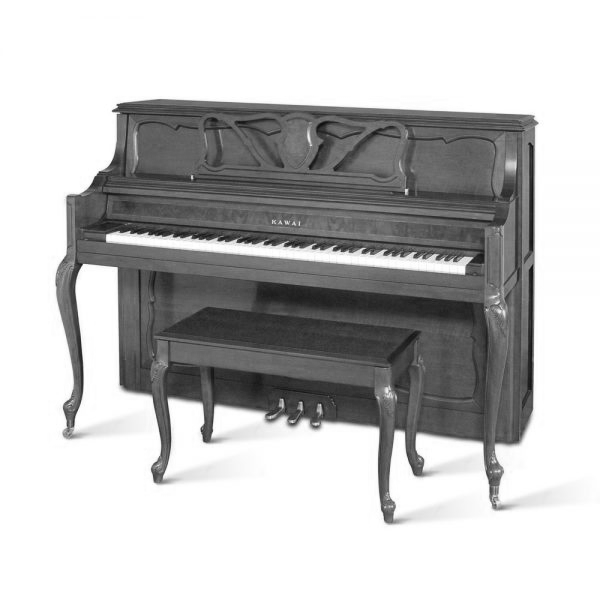
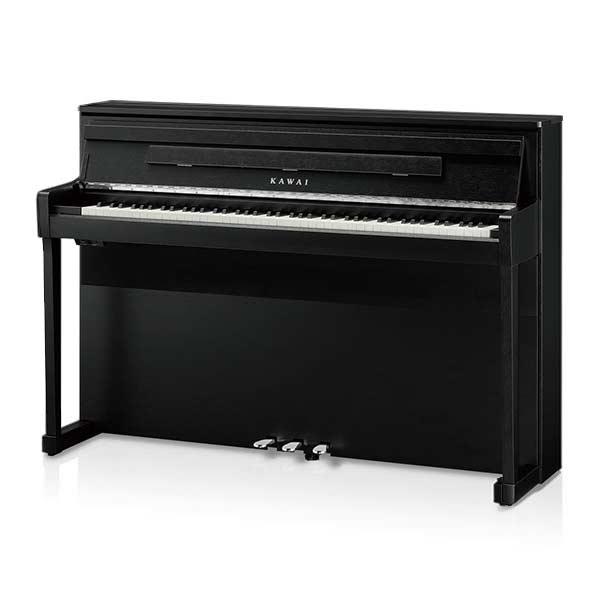
I remember when I had to move my acoustic grand piano – it was quite an adventure! This is where digital pianos shine:
- Digital pianos like the Kawai CN series can fit comfortably in apartments
- Most digital consoles weigh under 100 pounds (my CN33 weighs just 126 pounds!)
- Acoustic uprights typically need at least 5 feet of wall space
- Premium digital pianos from Roland and Yamaha offer similar footprints to acoustic uprights but with more flexibility
The Maintenance Factor (Digital Piano vs Acoustic Piano)
Maintenance is where I’ve seen the most dramatic difference over my 50 years of playing:
- Acoustic pianos need tuning 2-4 times yearly ($100-200 per session)
- Digital pianos require virtually no maintenance beyond occasional cleaning
- Modern digital pianos from Casio and Korg can last 20+ years with proper care
- High humidity affects acoustic pianos significantly but barely impacts digital ones
Features That Matter (Digital Piano vs Acoustic Piano)
Today’s digital pianos offer capabilities I could only dream of when I started playing:
- Yamaha’s Silent Piano technology allows for headphone practice
- Nord’s sound library offers incredible variety for performers
- Roland’s Bluetooth MIDI connectivity enables easy recording
- Kawai’s built-in lesson functions make learning more engaging
Investment Considerations (Digtal Piano vs Acoustic Piano)
Let me break down what I’ve learned about costs over the years:
- Quality digital pianos (Kawai, Yamaha, Roland) range from $1,000-$5,000
- Comparable acoustic uprights start at $4,000 and can exceed $20,000
- Digital pianos retain most features even at mid-range prices
- No additional tuning costs for digital pianos saves roughly $400 annually
Final Thoughts when it comes to pick Digital Piano vs Acoustic Piano
After half a century of playing piano, I can confidently say that both digital and acoustic pianos have their place in today’s musical landscape. Your choice should align with your living situation, budget, and musical goals.
For most of my students, I recommend starting with a quality digital piano from established brands like Kawai, Yamaha, or Roland. They offer incredible value, practical features, and remarkable sound quality that gets better each year. However, if you have the space and budget for an acoustic piano, it offers an unmatched playing experience that has captivated musicians for centuries.
Remember, the best piano is the one that inspires you to play every day!
FAQ about Digital Piano vs Acoustic Piano
Which is better for beginners: digital or acoustic piano?
For beginners, I usually recommend a quality digital piano from brands like Kawai or Yamaha. They’re more affordable, require no maintenance, and offer helpful learning features.
Do digital pianos feel like real pianos?
High-end digital pianos from Kawai, Roland, and Yamaha feature weighted keys and graded hammer action that closely simulate acoustic piano feel.
How long do digital pianos last?
Quality digital pianos from reputable manufacturers typically last 20-30 years with proper care. My Kawai CN33 is still performing beautifully after many years.
Can I practice silently on both types of pianos?
Digital pianos offer headphone capability by default. Some modern acoustic pianos can be fitted with silent systems, but this adds significant cost.
Which type holds its value better?
Well-maintained acoustic pianos typically hold their value better, but quality digital pianos from brands like Yamaha and Kawai also maintain good resale value.
